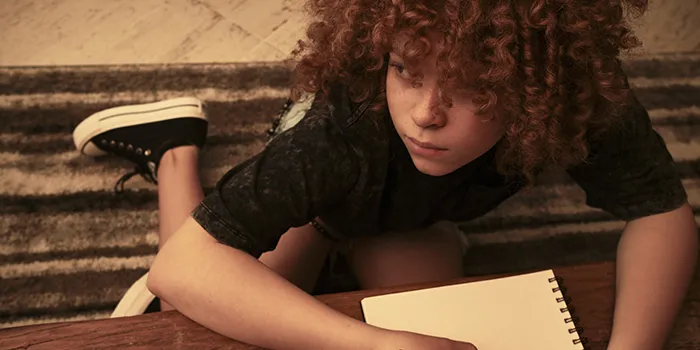It’s normal for babies and toddlers to have separation anxiety when they’re away from their parents, but these days a lot of older kids are dealing with all kinds of anxiety.
The 2018–2019 National Survey of Children’s Health revealed that the number of children and adolescents who were diagnosed with anxiety increased by 27 percent from 2016 to 2019. By 2020, the year the COVID-19 pandemic began, 5.6 million kids (9.2 percent) had been diagnosed with anxiety problems. What’s more, there’s evidence that children with hemophilia are prone to anxiety disorders and depression.
Children with anxiety have a greater risk of developing an anxiety disorder or depression as an adult, which is one of the reasons why the U.S. Preventive Services Task Force recently recommended that all children ages 8 and older be screened for anxiety.
Signs of Anxiety in Children
Anxiety in children often presents as fear or worry, but it can also make children irritable and angry. Other symptoms of anxiety in children may include trouble sleeping and physical symptoms such as fatigue, headaches, and stomachaches.
In addition to the separation anxiety that very young children often experience, there are several other types of anxiety in children, according to the American Academy of Child and Adolescent Psychiatry:
- Phobias involve an extreme fear about a specific thing or situation (such as dogs or heights). These fears can cause significant distress and interfere with usual activities.
- Social anxiety involves fears of meeting or talking to people, and avoidance of social situations.
- Panic disorder causes repeated episodes of sudden, unexpected, intense fear that comes with symptoms such as heart pounding, trouble breathing, or feeling dizzy, shaky, or sweaty.
- Generalized anxiety disorder causes constant worries or concerns about family, school, friends, or activities. These worries may include repetitive unwanted thoughts (obsessions) or actions (compulsions). Children with generalized anxiety disorder are often afraid of embarrassment or making mistakes and have low self-esteem.
Treatment for Children’s Anxiety
If you suspect your child may have an anxiety disorder, talk to their primary care provider or the social worker at your hemophilia treatment center, who may refer you to a child and adolescent psychiatrist or another mental health professional.
Most children with anxiety disorders can be successfully treated with psychotherapy, although severe anxiety may also require medication.

